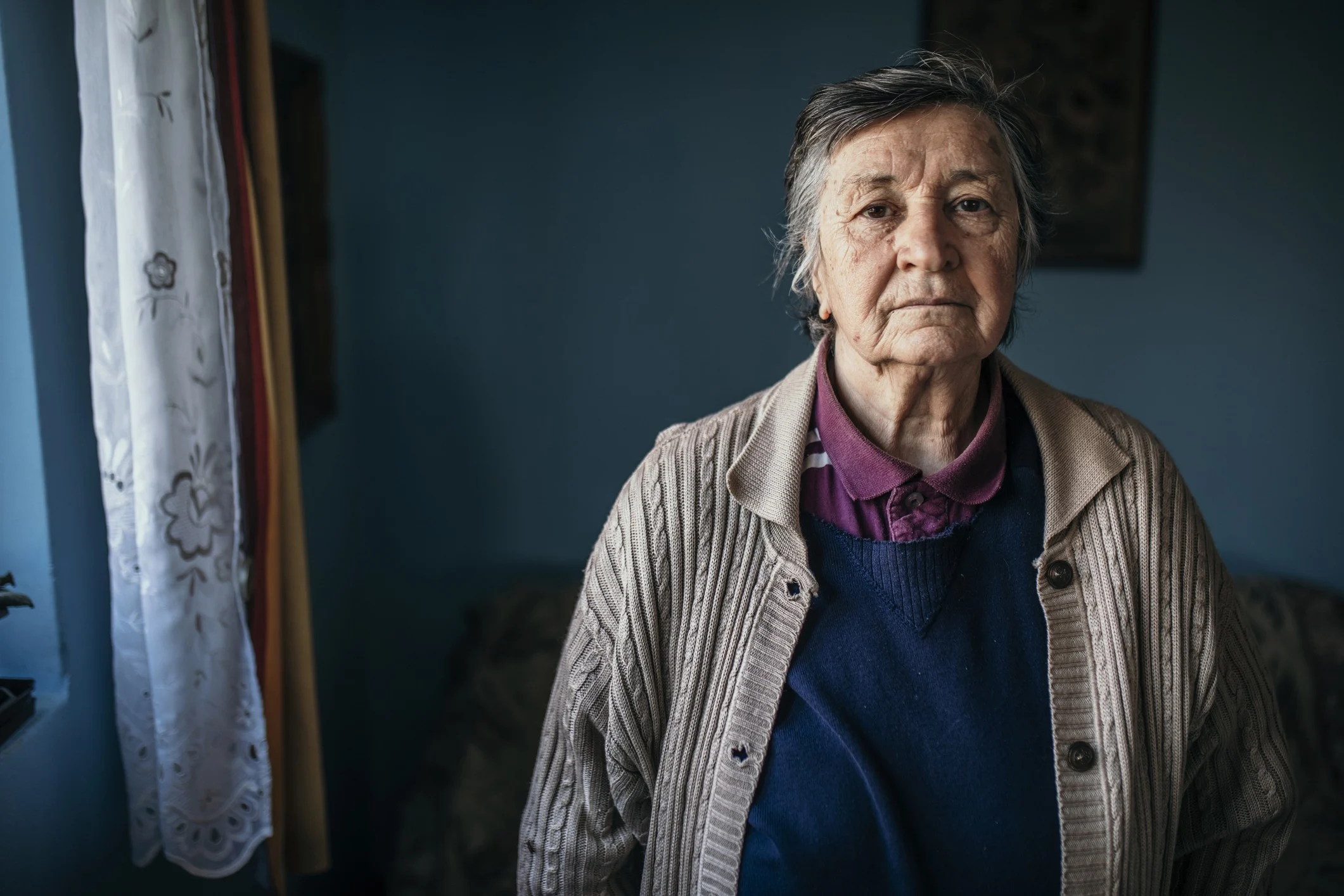Reflections from On the Edge

Published on 28 July 2025 04:43 PM
The capital is the fastest ageing place in the country and sadly we also have the UK's highest rate of poverty amongst older people.
Experiences of poverty are complicated, and that’s because humans are complicated. So many factors influence experiences of poverty, sometimes these factors are shared, but they usually mesh with other factors to create a unique experience.
Trust for London’s 2024 Poverty Profile shows that 22% of Londoners over the age of 50 are living in poverty (4% higher than the rest of England at 18%). One in four Londoners aged between 80 and 85 are living below the poverty line. Statistics of course only tell a very partial story. Within that 22% there are a multitude of different experiences – there will be people that think they are just about getting by and there will be extremely deep and all-encompassing experiences of poverty.
Here at Age UK London we released our report ‘On the Edge: The impact of financial pressures on older Londoners’ at the end of May. The report goes behind the numbers to focus on the depth and complexity of poverty amongst older Londoners, and people's everyday experiences.
There are eight thematic chapters in the report on the links between financial hardship and mental health, housing, affording the essentials, digital exclusion, caring responsibilities, accessing support, in-work poverty and the labour market, and keeping warm at home).
We publish reports so that we can use them as tools to campaign with. There are 18 policy recommendations, including some for the Mayor of London and many for local authorities. The report is based on qualitative research and features 94 quotes.
The key findings from the report include:
- Financial insecurity is leaving some older Londoners in a constant state of anxiety about the future.
- Some older Londoners are unable to afford repairs and maintenance, leading to vital home repairs being postponed indefinitely.
- Nearly half of respondents reported finding it extremely difficult to ‘shop around’ for more affordable prices and better deals when it comes to food shopping.
- Caring duties impacts the ability to work for some older Londoners, with most carers only working part-time or not at all, and many not receiving any support for the care they provide.
- Many older Londoners say that they are not receiving help with their energy bills even though they say they need it.
- Challenges with accessing the internet, including the cost of getting online means that many older Londoners are at greater risk of financial exclusion.
- The cost of living is leading many older Londoners to continue to work long after pension age or to return to work after a ‘first retirement’.
When it comes to financial insecurity, people are rarely impacted by just one single issue.
Margaret took part in the research, and she told us: “I worry but there is nothing I can do about it. I sold all the jewellery of any value that I had. I got £127 for a Hatton Garden bracelet with a diamond in it, my diamond engagement ring and a plain gold ring. I now have nothing else to sell.” There were many things that stood out for me from the research. One, was just how many people say they are doing ok, but when you hear about their actual experiences, you get a very different impression. This could be for a range of reasons, whether that’s a sense of stoicism, stigma around acknowledging financial struggles, or even the normalisation of poverty.
My hope for the report is that it will open the eyes of politicians and give them a better understanding of people’s lives beyond the statistics. We have sent the report to every MP, councillor and Assembly Member in London, as well as to the Mayor, Deputy Mayors, universities and partner organisations. The report will be an evidence base for our campaigning.
All too often, older Londoners are the last to be thought of in policy conversations around poverty. We must fight every day to change that.
John McGeachy, Campaigns Manager, Age UK London

